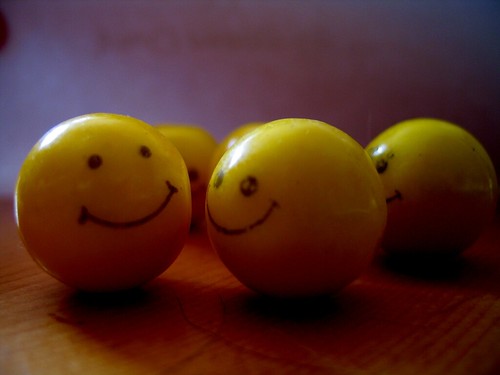
Joel Westheimer and Joseph Kahne write about civic responsibilities in their article, Educating the "Good" Citizen: Political Choices and Pedagogical Goals. In a democratic age, how can people be educated to be good citizens? First, what makes a democracy successful? Schools help students to develop a character that is respectful of the law and of other individuals. The minorities, when educated, can start to take action to reach their objectives. Or maybe democracy should be taught, with all its centuries-old ideals.
Essentially, the types of "good citizens" we need to support a democratic society could be categorized into three; the personally responsible citizen, who is responsible in his/her community by working, paying taxes, obeying the law, recycling, donating blood, and volunteering to help others during times of crises; the participatory citizen, who seeks improvement and is actively engaged in his/her community's organizations, knows how government agencies work and strategies for accomplishing group tasks, and lastly; the justice-oriented citizen, who with experience can critically judge and assess social, political, and economic structures, acts on justice, and is familiar with social movements.
Which one is more important?
As far as schools are concerned, students who are steered more in the direction of volunteer work and charitable activities don't know as much about politics, social movements and transformation, and systemic change. Schools who put kindness as their priority overlook social action and justice. Of course there's the other side too, those who know all about justice and democracy, but won't take any action to correct the faults they see. Can there be a balance; is it possible to have all three kinds of these visions?
Those people who are involved in educational curricula should be aware of this and choose carefully in order to foster good democratic citizens for our future.
I think we're doing a good job in HIS by encouraging students to be just and kind, helping and respecting other students in our small school community (although I'm a bit disappointed that community service was taken away, even though I wouldn't be able to go anyway). We have a fair amount of justice-oriented teaching too, as we talk about human rights, women's rights, and major social movements that made our world the way it is today. In my opinion at least, what we lack more is in the area of "participatory citizen." We always learn and discuss about issues and how we could contribute to its improvement or solution, but we rarely take any significant action.




+copy.jpg)